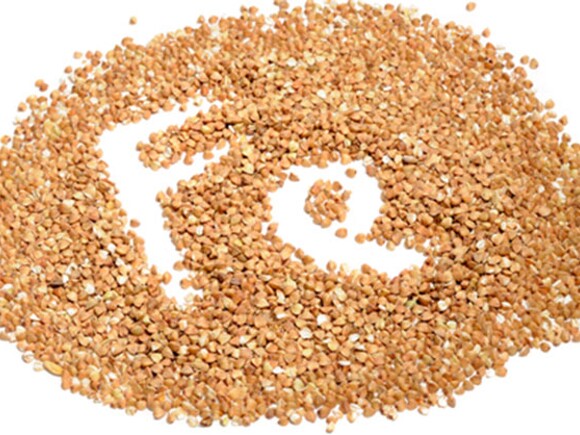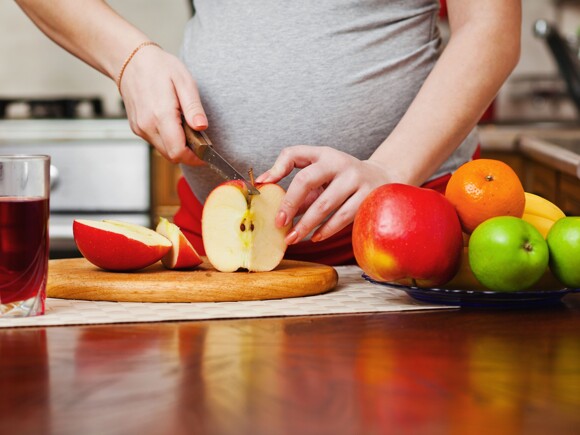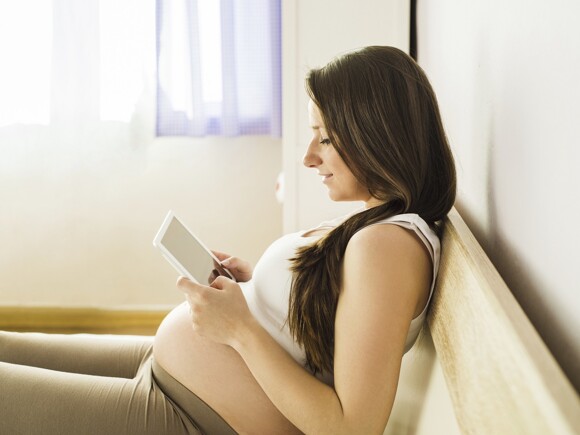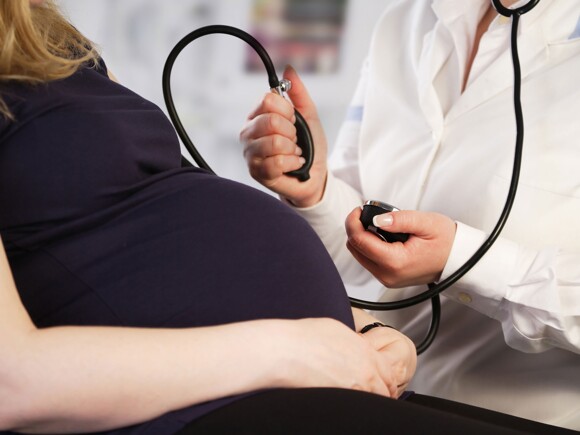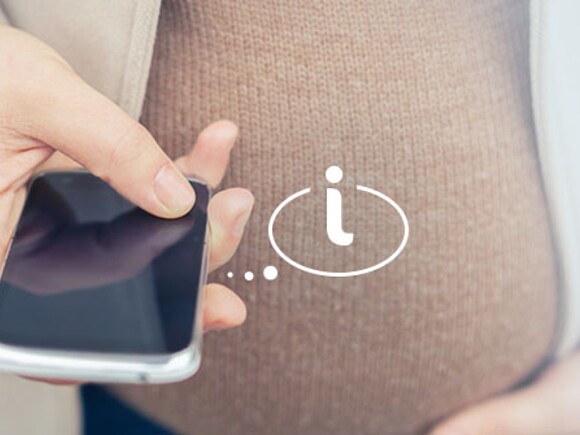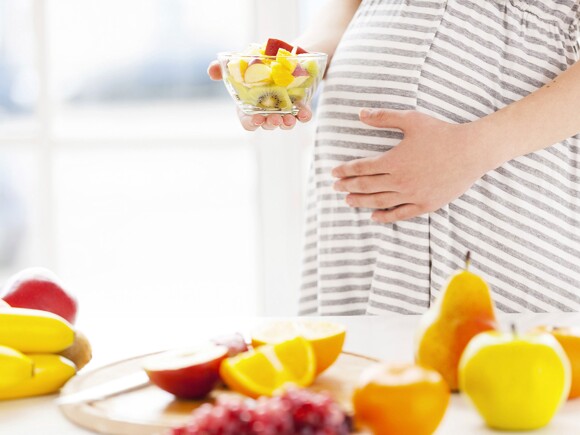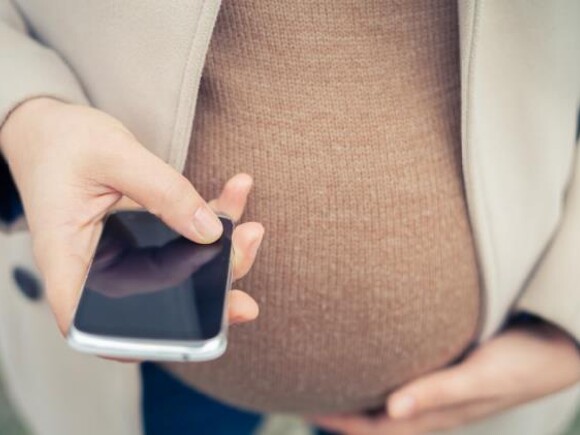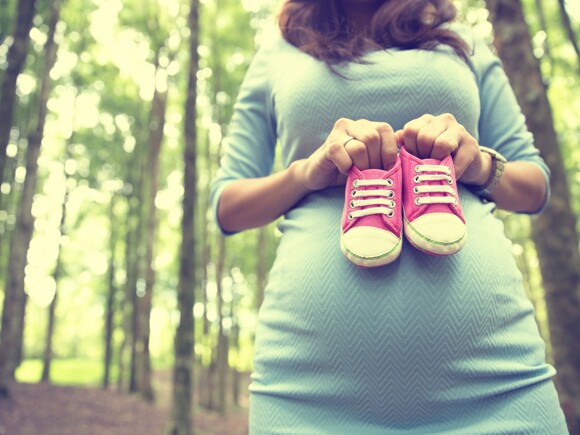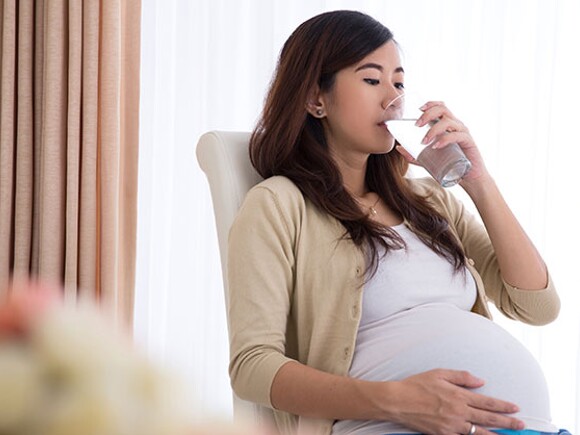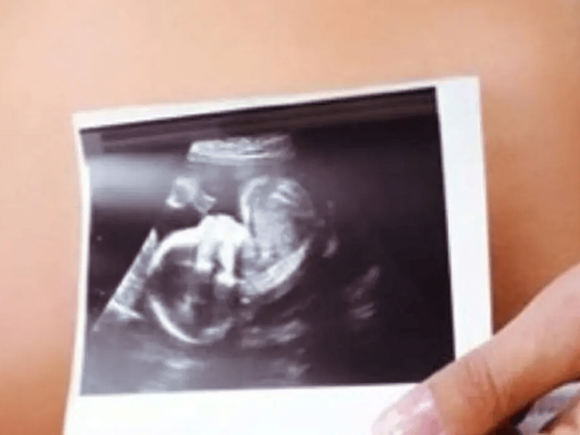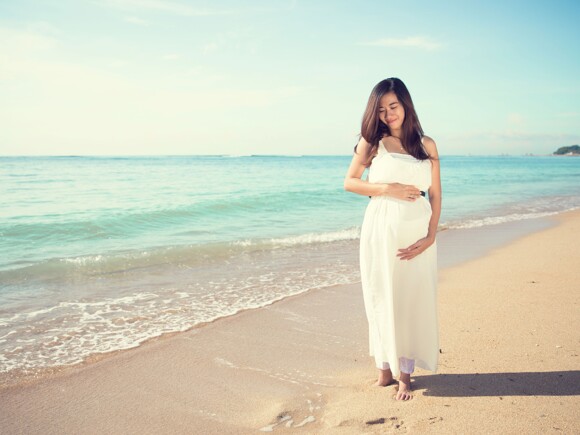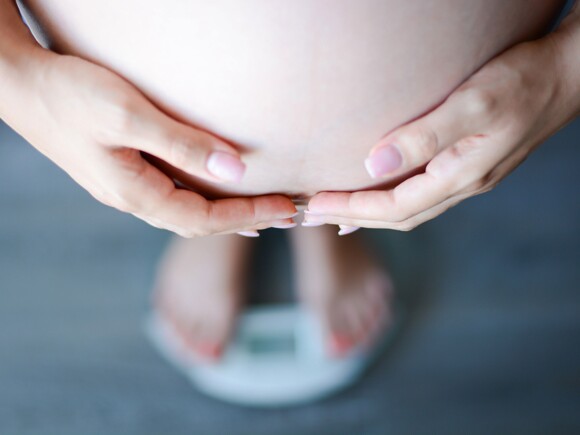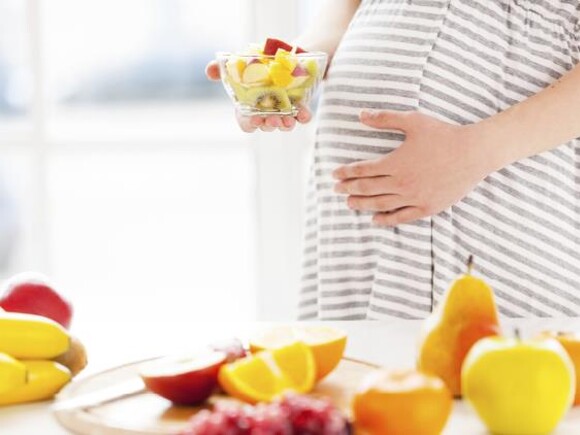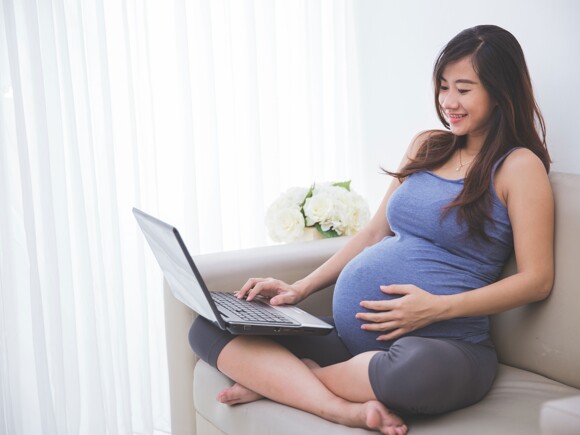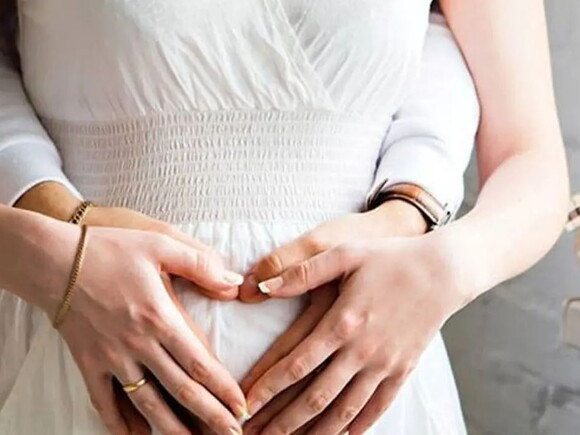Why iron is a BIG must
- Iron contributes to the normal formation of red blood cells and hemoglobin
- It helps bring essential oxygen to your body cells and those of your baby
- Iron deficiency leads to anemia, fatigue, a reduction in intellectual performance, and a weakening of the immune system
The iron requirements of women are higher than those of men: 27 mg/day for 19-29 year old women compared to 12 mg/day for 19-29 year old men. During pregnancy, iron must be increased to 34 mg/day in the 2nd trimester and increase again to 38 mg/day in the 3rd trimester.
These days, it is estimated that 25.2% of pregnant women and 16.6% of lactating women have anemia. Taking iron supplements such as ferrous sulfate has become quiet common. That's why women who plan to have babies are advised to consume iron-rich foods for pregnancy, even before they start expecting.
Iron-rich foods for pregnancy
Here are the top foods rich in iron for pregnancy:
- Hot cocoa without sugar 100 grams = 20 mg iron
- Cooked pork liver 100 grams = 17.9 mg iron
- Squash seeds 100 grams = 15 mg iron
- Chicken liver 100 grams = 13 mg iron
- Seafood (Oysters, mussels, clams) 100 grams = 9.2mg iron
- Wheat Germ 100 grams = 6.3 mg iron
- Roast Beef 100 grams = 3.5 mg iron
Other sources of iron readily available in the local market are as follows:
- Soybeans = 8.84 mg in one cup
- Tofu = 6.65 mg in one cup
- White Rice = 2.77mg in one cup
- Sardines = 2.7 mg in one 3.75oz can
- Bok Choy = 1.77 mg in one cup
- Brown Rice = 1.03 mg in one cup
There are two different types of iron:
- Heme - found in meat, fish; is easily absorbed by the body (about 25%)
- Non-heme - found in cereals, legumes, fruit, veggies, dairy products; is not well absorbed (only 1 to 5%)
To get enough iron, you may opt to add meat (preferably red meat, especially organ meats or laman-loob) to a balanced meal. Make sure to include fruits and vegetables rich in iron.
Suggestions on how to prevent anemia in pregnancy:
- Eat a portion of meat or fish for both lunch and dinner. Choose legumes (beans, chickpeas, black beans, etc.) to go with your meat so you get two different types of iron.
- To boost iron absorption, consume vitamin C at the same meal: squeeze calamansi over your fish or have a dalandan for dessert.
- Avoid tea and coffee, as they limit the absorption of iron, or drink your tea with a little lemon. Wait at least two hours after the meal before drinking tea and take only two cups a day.
- Sprinkle your salads with two teaspoons of wheatgerm: this will give you an extra 1/2 mg of iron.
- An iron supplement such as ferrous sulfate may be prescribed if you are a vegetarian or vegan, and also if you are expecting twins or if your last pregnancy was very recent. Don't hesitate to discuss this with your doctor and possibly to consult a dietician.
From the NESTLÉ Global Archive co-written with RND KATE PERALES










